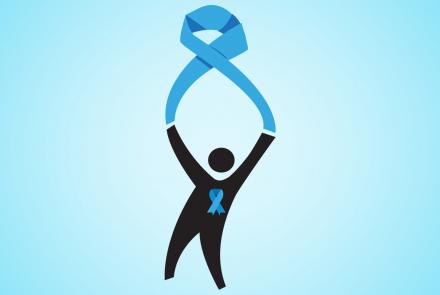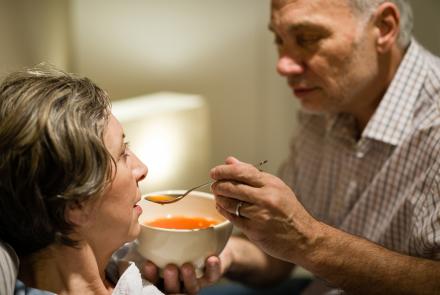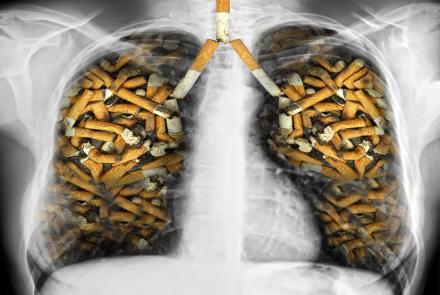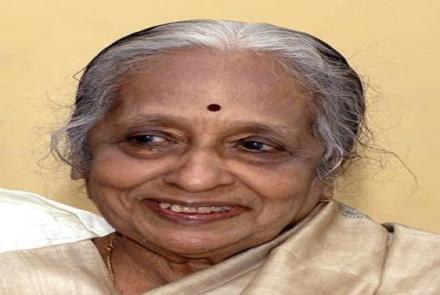He was diagnosed with colon cancer in his first year of junior college, which kept him away from school for four months. But that did not stop Hwa Chong Institution student Ng Yi Pin from catching up with his studies. He also managed to find the time and energy to tutor his older twin brother, Yi Yang, who studied in the same school.
Yesterday, the 18-year-old scored eight As for his A levels. Yi Yang also made a marked improvement from his usual results.
Yi Pin was in Secondary 4 when he…
- By Paula Spencer Scott, Caring.com contributing editor Caring for an aging parent or other loved one in your home usually begins with the best of intentions. Over time, however, a good thing can disintegrate into a tough, tense situation. Knowing the top trouble spots can help you make changes that can delay or avoid the need to move on to out-of-home placement. Here are five big "sore points" that undermine family caregiving -- and what to do about them: Sore point #1: Lack of privacy…
- A review of "Still Alice" by Ekta Hattangady, from India who was 13 when her mother was diagnosed with Early Onset Alzheimer's at 43. Ekta became her Primary Caregiver at the age of 16. My final verdict would be…it’s a great movie. It’s not reality. Not every person with Alzheimer’s would be like this…some may be a lot worse…especially in the case of Early Onset Dementia. Everything you saw in this movie, multiply it by 10,000 times and then you may be somewhere close to what it is like…
- However bad you thought smoking was, its much worse. A new study adds 5 more diseases to the existing 21 diseases and 60,000 more deaths to the existing toll of half million deaths attributed to tobacco in United States alone. Death rates of smokers are 2-3 times higher than those who have never smoked and they die a decade earlier than smokers. Stopping smoking helps reduce risk over time. In addition to existing hazards of lung cancer, artery disease, heart attacks, chronic lung disease…
- The difference between conventional X-ray therapy and proton therapy – and why we are re-examining the way we treat left-side breast cancer. The majority of breast cancer patients today are able to preserve their breasts as they undergo a lumpectomy followed by post-operative radiation. However, research shows that left-side breast cancer patients treated with radiation have an increased risk of radiation-induced heart problems. Here, Dr. Brian Chon writes about the connection…
- On the occasion of World Cancer Day, Dr V Shanta, Chairperson of Adyar Cancer Institute, Chennai, a doyenne in her field, talks to PatientsEngage about the challenges of tackling cancer in India. “India has state of the art facilities but it does not reach everyone.” PE: There are many differing views on how frequently one should have mammograms. You have said that annual mammograms are unnecessary. Dr. Shanta: I believe that we do follow the general guidelines laid…
- According to the World Health Organization, there are more than 350 million people all over the world with depression. With that staggering statistic, it is highly probable that we will all interact at some point with someone experiencing a bout with depression. One of the most devastating aspects of dealing with depression is the stigma and negative criticism that comes from others. Furthermore, people may not even know that their behaviors and comments are being negative or hurtful…
- Driven by the evidence, not by rhetoric or anecdote, we describe what the reality of research actually shows to be true. Myth 1: Cancer is a man-made, modern disease While it’s certainly true that global lifestyle-related diseases like cancer are on the rise, the biggest risk factor for cancer is age. Myth 2: Superfoods prevent cancer Blueberries, beetroot, broccoli, garlic, green tea… the list goes on. Despite thousands of websites claiming otherwise, there’s no such thing…
- Nytol, Benadryl, Ditropan and Piriton among the medications identified by scientists as raising likelihood of dementia A report published online this week in JAMA Internal Medicine offers compelling evidence of a link between long-term use of anticholinergic medications like Benadryl and dementia. Anticholinergic drugs block the action of acetylcholine. This substance transmits messages in the nervous system. In the brain, acetylcholine is involved in learning and memory. In the…















